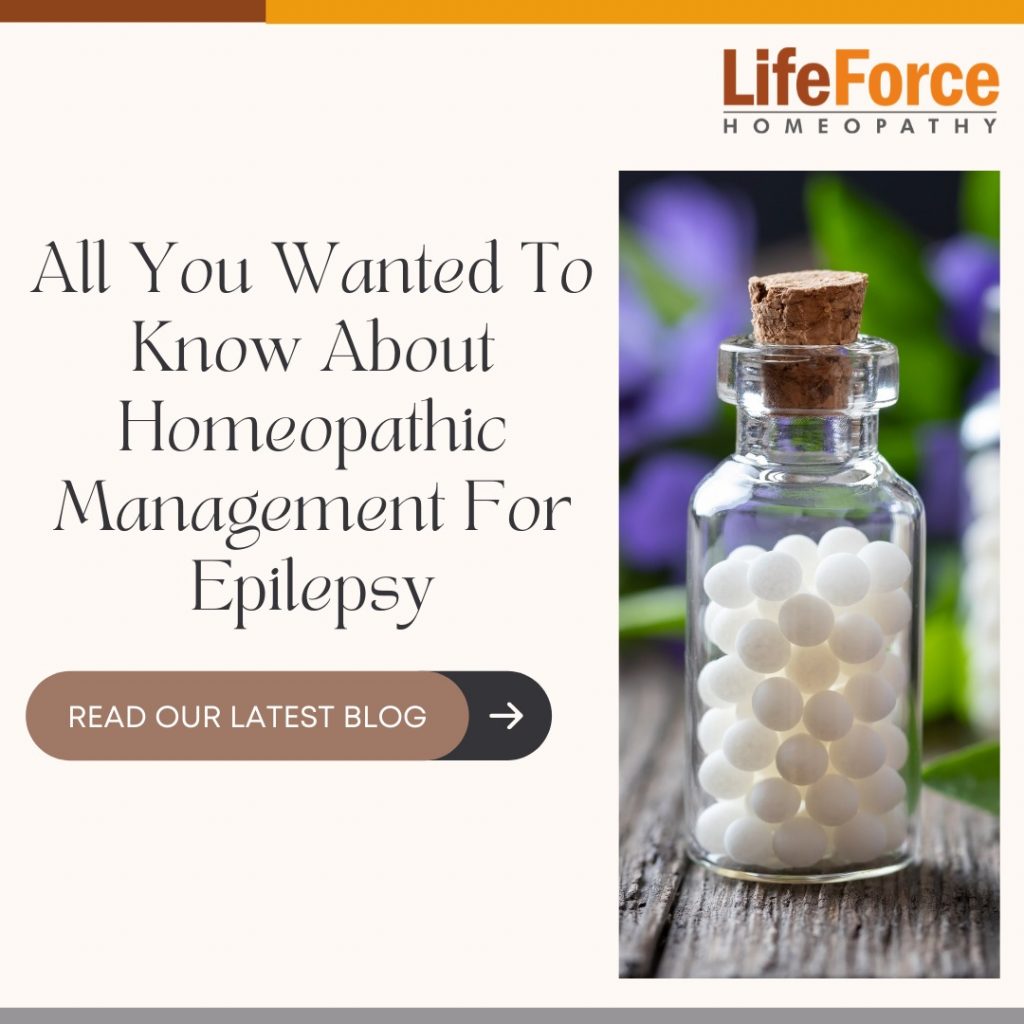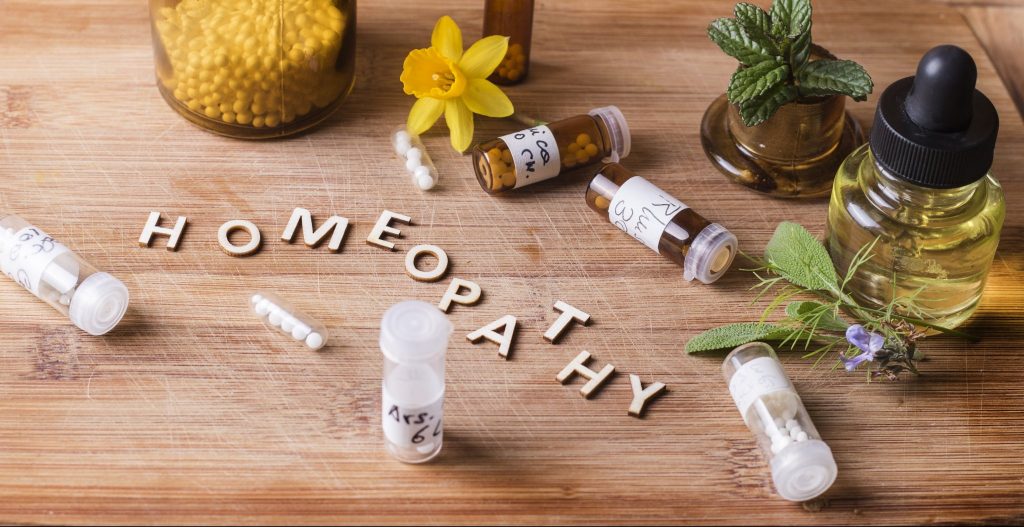 Though motherhood is bliss, being a mother is a tough job. The happiness comes with a responsibility because a mother becomes the world to the baby. Handling all the things together may lead to anxiety and sadness in a new mother.
Though motherhood is bliss, being a mother is a tough job. The happiness comes with a responsibility because a mother becomes the world to the baby. Handling all the things together may lead to anxiety and sadness in a new mother.
Many new mothers experience the “postpartum baby blues” after childbirth, which commonly include mood swings, crying spells, anxiety and difficulty in sleeping. Baby blues typically begin within the first two to three days after delivery, and may last for up to two weeks. It usually resolves without the need for any medical or psychiatric treatment.
But some new mothers experience a more severe, long-lasting form of depression known as postpartum depression, which may last from few weeks up to a year.
The exact cause for post partum depression is not known. Physical changes in the body, hormonal changes, change in social and personal life, lack of sleep, worries about the handling the new responsibility and stress related to job, family, financial issues can be the stressful factors for a female. Females with family history of depression or past history of post partum depression are prone to get it.
Along with a sad or depressed mood, following symptoms can be seen in a female:
Not everyone who is depressed experiences all the symptoms listed below. Severity of symptoms varies with individuals and also varies over time.
- Agitation or irritability
- Usual excessive crying
- Changes in appetite: Loss of appetite or eating much more than usual
- Feelings of worthlessness or guilt
- Feeling like withdrawn or unconnected
- Lack of pleasure or interest in most or all activities
- Problems in concentrating and making decisions
- lack of energy and feeling tired all the time
- Problems doing tasks at home or work
- Significant anxiety or panic attacks
- Thoughts of death or suicide
- Trouble sleeping at night and feeling sleepy during the day
A mother with postpartum depression may also:
- Be unable to care for herself or her baby
- Be afraid to be alone with her baby
- Have negative feelings toward the baby or even think about harming the baby
- Worry intensely about the baby, or have little interest in the baby
How to handle post partum depression?
Antidepressants:
some antidepressants can be used during breast-feeding with little risk of side effects for the baby.
Psychotherapy:
Psychotherapy can help to cope with the feelings, solve problems, set realistic goals and respond to situations in a positive way. Sometimes family or relationship therapy also helps.
Hormone therapy:
Estrogen replacement therapy sometimes helps with postpartum depression. Estrogen is often used in combination with an antidepressant.
Homeopathy:
- Homeopathy offers an excellent treatment for post partum Depression.
- Homeopathy can take care of various symptoms of depression.
- Homeopathic medicines can correct the hormonal and biological disturbances in a female and hence can treat the post partum depression from its root.
- Homeopathy can positively influence personality traits that are working at the base of disease.
- Homeopathy medicines address the root cause of the disease and hence prevent the relapse and recurrence of the condition.
- Homeopathy medicines are absolutely free from any side-effects and safe during breast feeding as opposed to most of conventional medicines like anti-depressants and anxiolytics.
Other measures like proper exercises, diet, meditation, spending quality time with your baby and family might help to get out of post partum depression.
[box type=”note” ]Get treated with Dr. Shah’s research based medicines at Life Force homeopathy. To know more about it just send us your query or communicate with us.[/box]
Dr. Aparna Hingmire,
Associate Doctor to Dr Rajesh Shah, Team LifeForce




